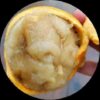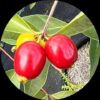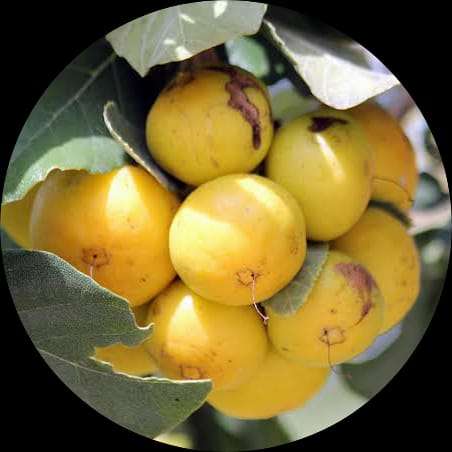- Empty cart.
- Continue Shopping
Ciricote Fruit
₹2,650.00Current price is: ₹2,650.00. Original price was: ₹3,800.00.
Genus : Croton
Discover the allure of the Ciricote Fruit Plant. This captivating tree showcases striking foliage and bears unique fruits that are both visually appealing and delicious. With its tropical charm and the promise of a bountiful harvest, the Ciricote Fruit Plant is an excellent choice for gardeners seeking a distinctive addition to their outdoor space.
Add to cart
Ciricote, also known as black poisonwood, is a tree species native to Central and South America, including Mexico, Belize, Guatemala, Honduras, and Nicaragua. The tree can grow up to 25 meters tall and has a straight trunk that can be up to 60 cm in diameter. The bark of the tree is smooth and gray, and the leaves are simple, alternate, and oval-shaped, with a glossy green color.
The fruit of the ciricote tree is a small, round berry that is about 1 cm in diameter. When ripe, the fruit is dark purple or black and has a thin, tough outer layer and a juicy, sweet inner layer. The fruit is edible and is often eaten fresh or used in the preparation of jams and jellies.
In addition to its culinary uses, the ciricote tree has a number of other traditional uses. The wood of the tree is hard and durable and is used in the construction of furniture, tools, and musical instruments. The bark of the tree contains compounds that are used in traditional medicine to treat various ailments, including fever, inflammation, and skin disorders. However, the tree is also known to contain toxic compounds that can cause skin irritation and other health problems if handled improperly. Therefore, caution should be exercised when handling any part of the ciricote tree.
Add a review
Currently, we are not accepting new reviews














Reviews
There are no reviews yet